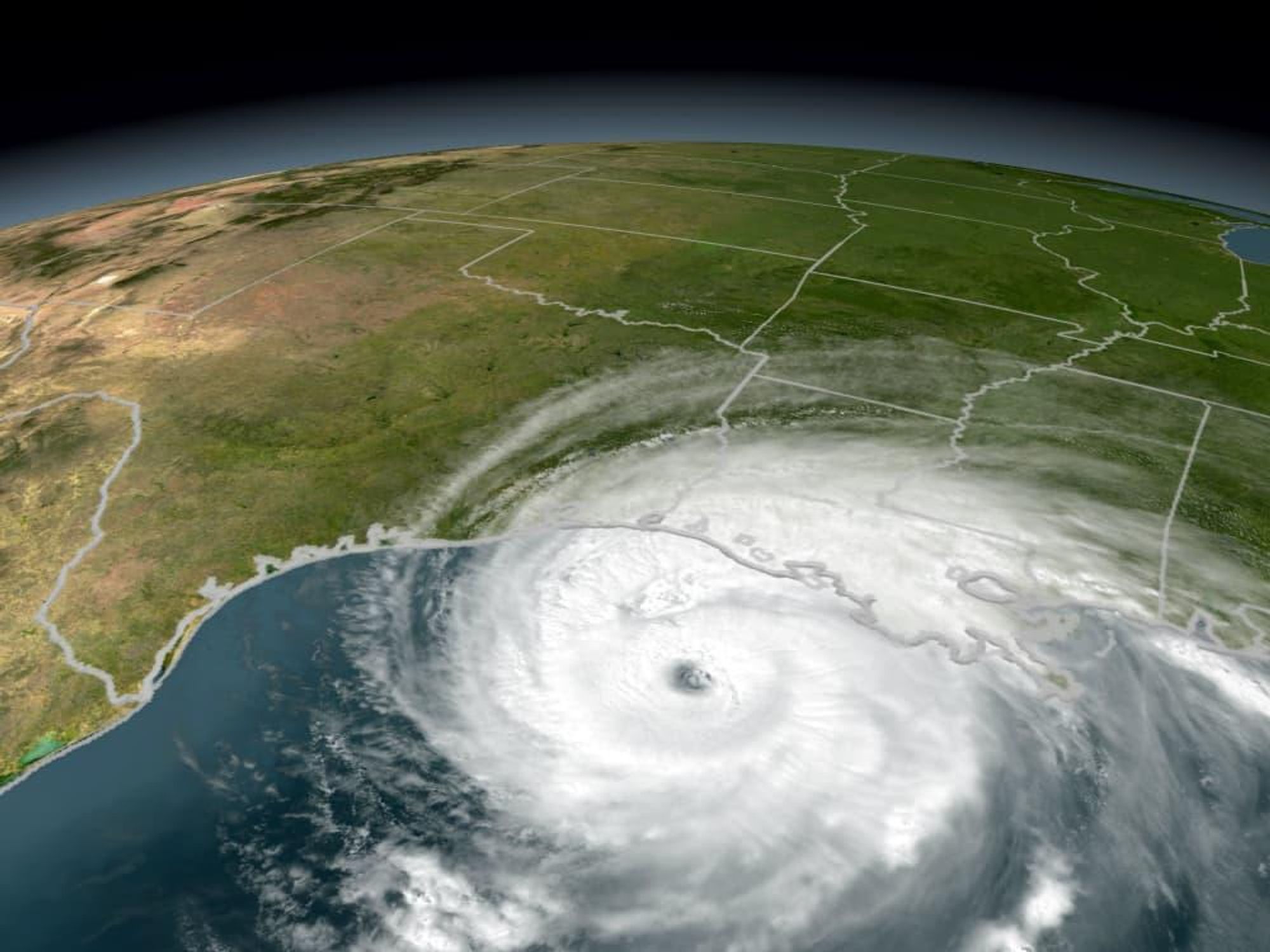Be Prepared
Weather Hurricane Harvey with these storm safety tips

The National Weather Service has upgraded a hazardous weather condition from a tropical storm into Hurricane Harvey, meaning that Texas — especially the coastal areas — should be prepared for extreme weather. How extreme? Torrential rains, strong winds, and a possible life-threatening flooding situation beginning August 25 and extending through the weekend, and possibly into next week.
Follow the below tips from Reliant Energy to be prepared and stay safe.
Before, during, and after the storm
• Pay attention to the news media and instructions from public officials.
Before the storm
• Identify a safe area to take refuge and secure any outdoor items that could become airborne during the storm.
• Develop and practice your family communication plan. Identify an out-of-state contact that everyone can call if the family gets separated and designate a familiar emergency meeting location.
• Review your insurance coverage and take pictures of your home, building, and/or office — inside and out.
• Gather necessary supplies: water, first aid kit, flashlights, tarps, plastic bags, tape, sandbags, shutters, plywood, hand tools, generator, brooms, mops, towels, and batteries.
• Fully charge cell phones, laptops, portable power chargers, and any other electronics, and top off your vehicle’s gas tank.
• Ensure a supply of water for sanitary purposes such as cleaning and flushing toilets. Fill the bathtub and other large containers with water.
During the storm
• Stay indoors during the hurricane and away from windows and glass doors.
• Take refuge in a small interior room, closet or hallway on the lowest level.
• Keep curtains and blinds closed in case windows shatter from high winds or debris. Do not be fooled if there is a lull; it could be the eye of the storm — winds will pick up again.
After the storm
• If separated from your family, use your family communications plan or contact FEMA or the American Red Cross.
• Drive only if necessary. If you must go out, watch for fallen objects such as downed electrical wires and weakened walls, bridges, roads, and sidewalks. Report damaged power lines to your utility company.
• Keep away from loose or dangling power lines and report them immediately to your local utility company.
• Walk around the outside of your home and check for any structural damage. Take pictures of any damage. If you have any doubts about safety, have your home inspected by a qualified building inspector or structural engineer before entering.
• Stay out of any building if you smell gas, if floodwaters remain around the building or if your home was damaged by fire and the authorities have not declared it safe.
• Never use a generator inside homes, garages, crawlspaces, sheds or similar areas, even when using fans or opening doors and windows for ventilation. Deadly levels of carbon monoxide can quickly build up in these areas and linger for hours, even after the generator is turned off.
• If you are unable to return home and have immediate housing needs, text SHELTER + your ZIP code to 43362 (4FEMA) to find the nearest shelter in your area (example: shelter 77005).